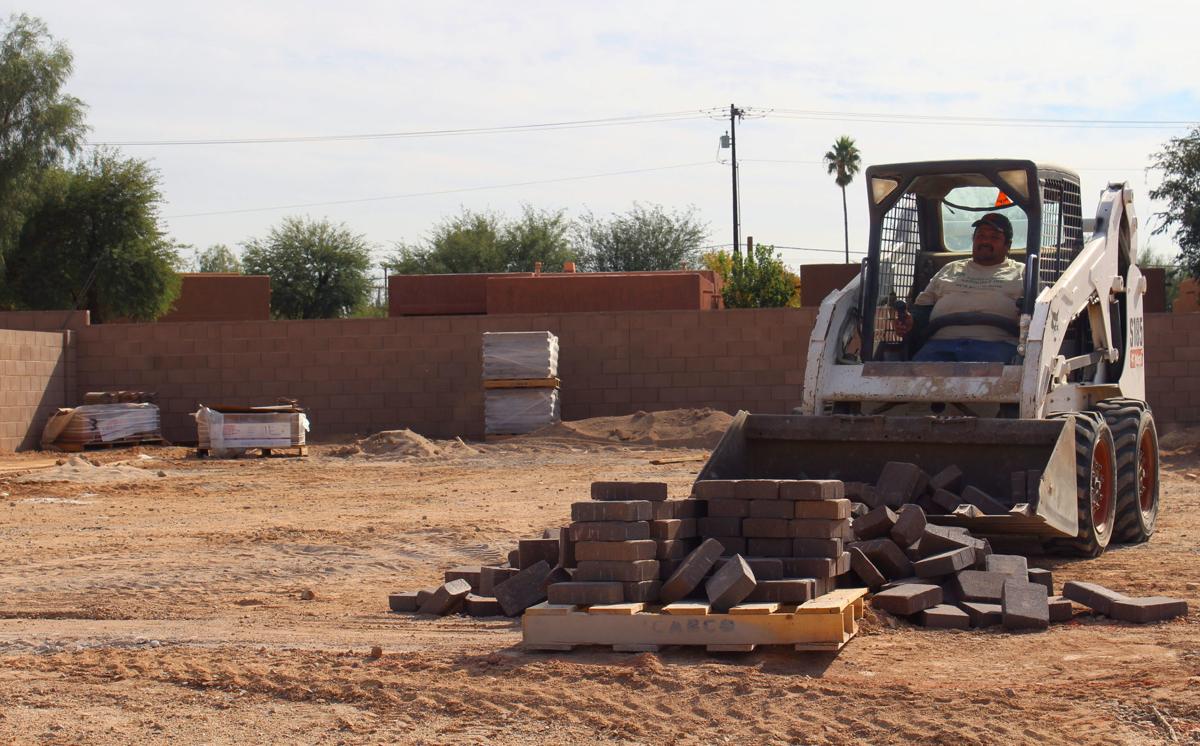Arizona’s economy continues to improve, with the state’s jobless rate dropping in December to the lowest point since January 2008.
New figures from the state Office of Economic Opportunity show the private sector added 7,300 jobs between November and December. That was good enough to put the seasonally adjusted unemployment rate at 4.6%.
The national jobless rate remained at 3.5%.
Overall private employers added 80,500 jobs in the past year.
The state’s health-care and social assistance industry, which managed to weather the recession with no real losses, continues to grow, adding another 3,700 jobs in the past month. That includes 2,700 new positions in doctor’s offices and clinics.
Construction also remains relatively strong.
Doug Walls, the agency’s labor market information director, said that sector of the economy, which generally is weak this time of year, actually added 1,100 workers, the best in a decade. That puts year-over-year construction employment growth at 12,000.
There were no new jobs added in manufacturing in December. But that still leaves Arizona with an annual growth rate of 3.6%, compared with just 0.4% with the rest of the country.
Those additional manufacturing jobs are having a fiscal impact.
Overall wages in the state are up by $1.14 an hour in the past year — 4.4% — versus 2.9% nationally.
Leading that change is the manufacturing industry where hourly wages are 8.3% higher than a year ago. That brings the average wage in that industry up to $29.23.
But most other sectors of the economy also are showing wage growth higher than the national average, including a 5.7% boost in financial activities at $32.28 an hour, a 5.6% increase in leisure and hospitality, bringing that to $17.40, and 4.9% in construction boosting the average wage to $27.72
At least part of the increase in the leisure and hospitality sector likely is driven by the increase in the minimum wage, driving up the bottom in mostly traditionally low-paying jobs like working at bars and restaurants. The minimum went from $10.50 an hour in December 2018 to $11 the following month.
And look for another sharp boost this year with the minimum wage going up to $12 an hour starting this month.
But the state still has a way to go for wages here to actually catch up with the national average. Even with the increases of 2019, the average hourly earnings in Arizona are $26.90, compared with $28.48 for the rest of the country.





